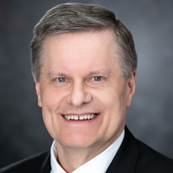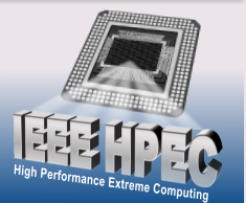Increasing transmission capacity is essential to meet an increased demand of electricity, integration of renewable generation and so on. The power industry’s pressing need for the most economical ways to transfer bulk power along a desired path may be met by building new transmission lines, which is a long and costly process. Alternately, it may be quicker and cheaper to increase the available transfer capacity of the existing transmission lines with a power flow controller. Power flow control techniques have been practiced, from using inductors, capacitors, transformers and load tap changers in the earlier days of electrical engineering to power electronics-based solutions in recent years. Even though the costs and complexities of the available solutions vary widely, the basic underlying theory of power flow control is still the same as it always has been. To recommend proper solutions, SMART Power Flow Controllers (SPFC) are designed based on functional requirements and cost-effective solutions.
A SPFC is a Power Flow Controller that is derived from utilizing the best features of all the technical concepts that are developed in the power flow control area until now. A SPFC fulfills the true needs of a utility for its everyday use and they are high reliability, high efficiency, low installation and operating costs, component non-obsolescence, fast enough response for utility applications, high power density, interoperability, and easy relocation to adapt to changing power system’s needs while providing the optimal power flow control capability. The audience will hear from an expert who actually designed and commissioned a few power electronics-based power flow controllers since its inception in the 1990s.
The presentation will be of particular interest to all utility power engineering professionals. The required background is an equivalent of an electrical engineering degree with familiarity in power engineering terminology. Topics include principles of active and reactive power compensation; traditional power flow controllers – voltage regulating transformer, phase angle regulator, shunt inductor/capacitor, series inductor/capacitor; voltage-sourced converter (VSC), VSC-based technology and its implementation, comparison of simulation and field results; Sen Transformer.
Source: boston




